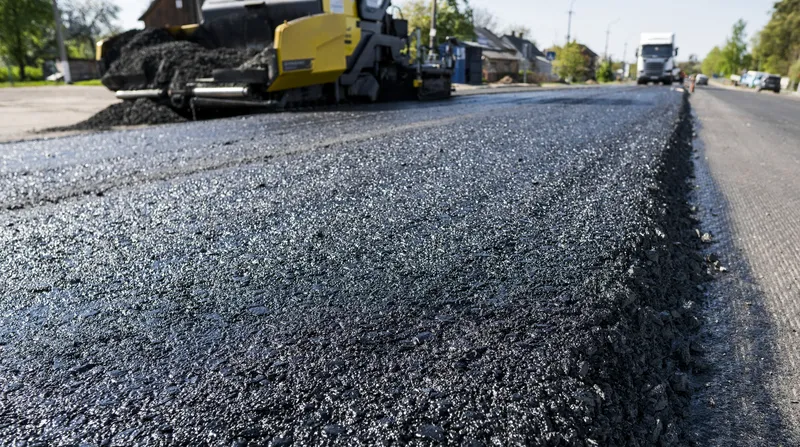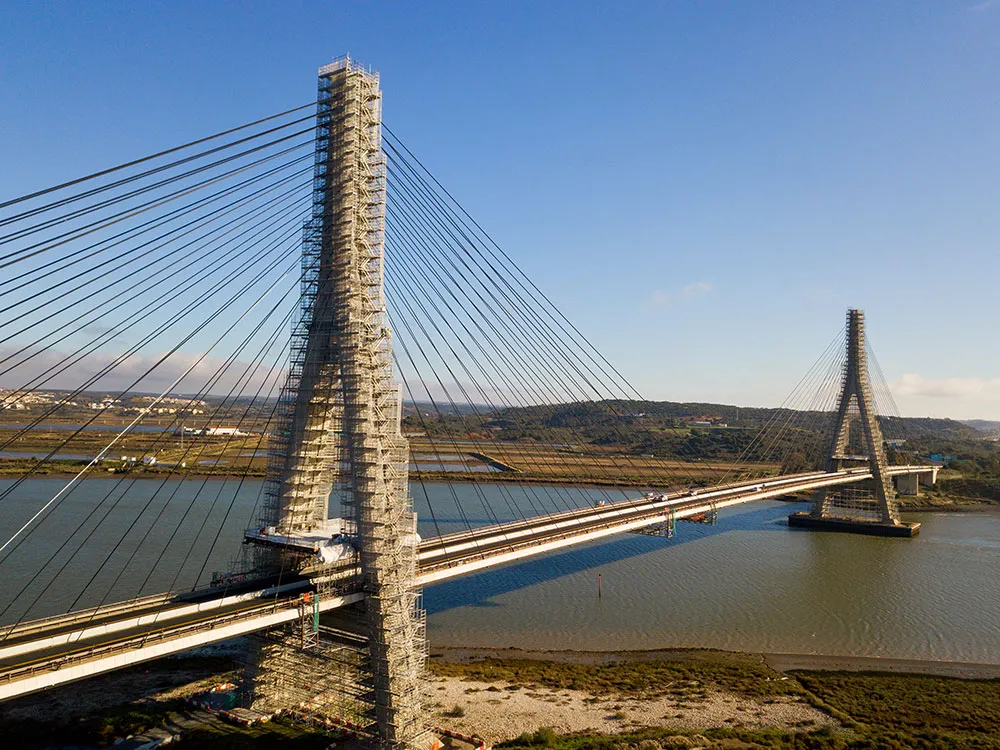
In just over a month, European paving and asphalt specialists will gather in the Slovenian Capital Ljubljana for the 3rd International Conference on Asphalt 4.0.
The two-day event - September 24 and 25 at the Grand Union Hotel - is a must-attend conference for anyone involved in Europe’s paving sector. From paving contractors and material buyers to road agencies and highway environmental specialists, the speakers will present something for everyone.
There will be an emphasis on groundbreaking technologies related to the digital transformation of asphalt mixes.
The third conference - presented by Asefma (Spanish Asphalt Manufacturers Association) and ZAS (Slovenian Asphalt Pavement Association), in collaboration with EAPA (European Asphalt Pavement Association) - is a continuation of two previous editions that took place in Madrid.
Over the course of two enriching days in Slovenia, the 3rd International Conference on Asphalt 4.0 will provide all attendees with the unique opportunity to expand their knowledge base. Engaging roundtable discussions will also be a focal point, offering a platform for interactive exchanges of ideas and experiences.
On hand to open the event will be Xavier Flores (secretary general of infrastructures of MITMA, Spain’s ministry of transport and sustainable mobility), Juan José Potti (president of Asefma) and Slovenko Henigman (president of ZAS)
Presentations include BIM paving operations, by Anna Leal, BIM conservation manager at Spanish environmental materials specialist Sorigué.
Martin Fliegl, head of research and development at German material transport specialist Fliegl, will present how to save energy, CO₂ and costs with modern transport technology for asphalt construction and installation.
Natascha Poeran, a pavement consultant of Royal Boskalis Westminster, will head a presentation called Risk assessment based on the use of real-time paving and compaction support system.
Meanwhile, Aida Marzá, an assistant for standardisation and quality control in the asphalt laboratory of Spanish construction management company BECSA, will present on sustainable paving. She will examine a case study of real time monitoring of CO₂ reduction emissions in the manufacture of warm mix asphalt.
Registration is now open and can be completed by clicking on:
Importantly, the event will be presented under the PDV model: present + digital + virtual. For those not able to attend in person, they can attend digitally, by high-definition streaming and social media with hashtag #ICA4point0.
They can also attend virtually, using an app where attendees may interact in real-time, follow the conferences and pose questions to the speakers - and visit the exhibition area.








